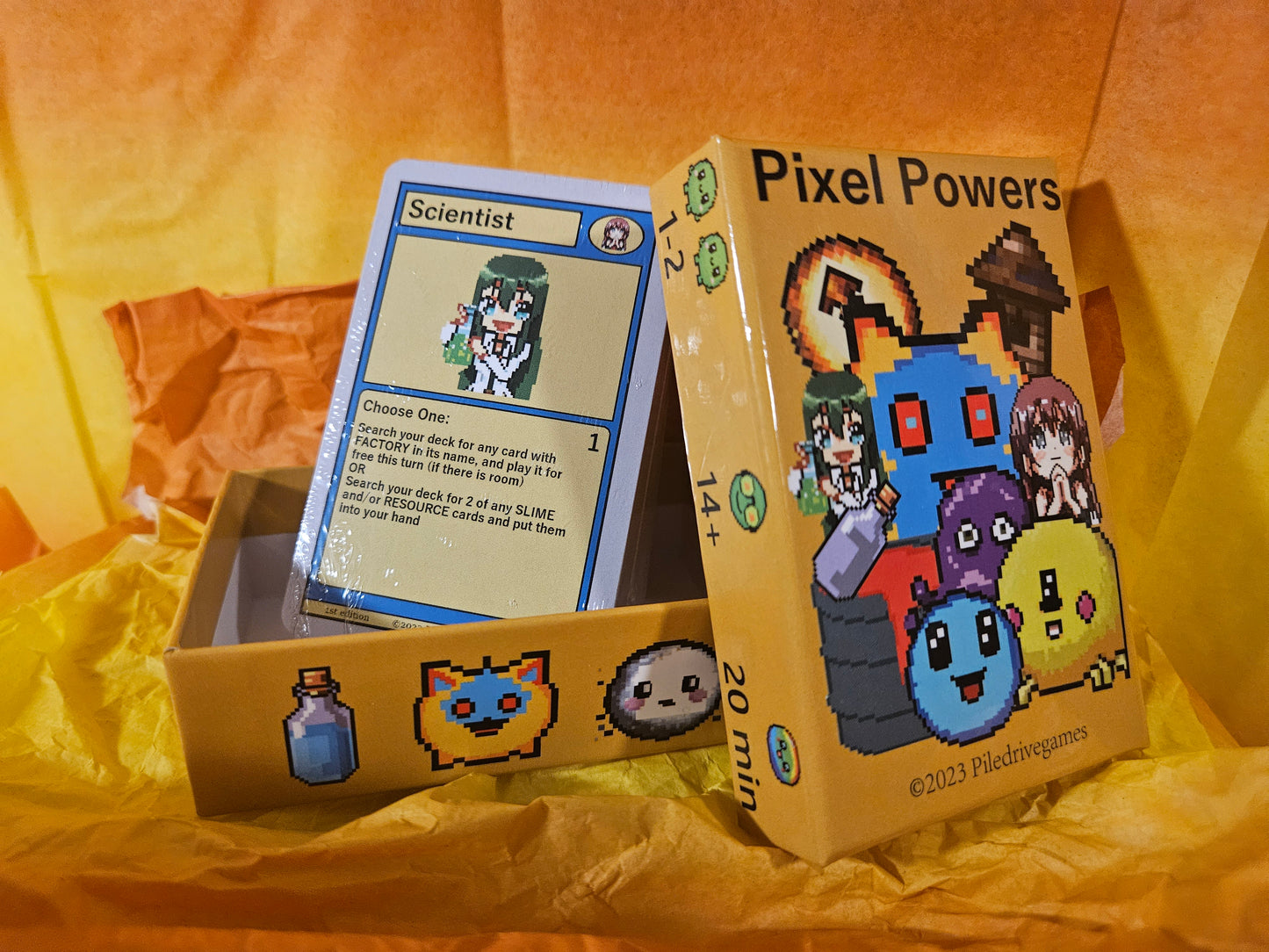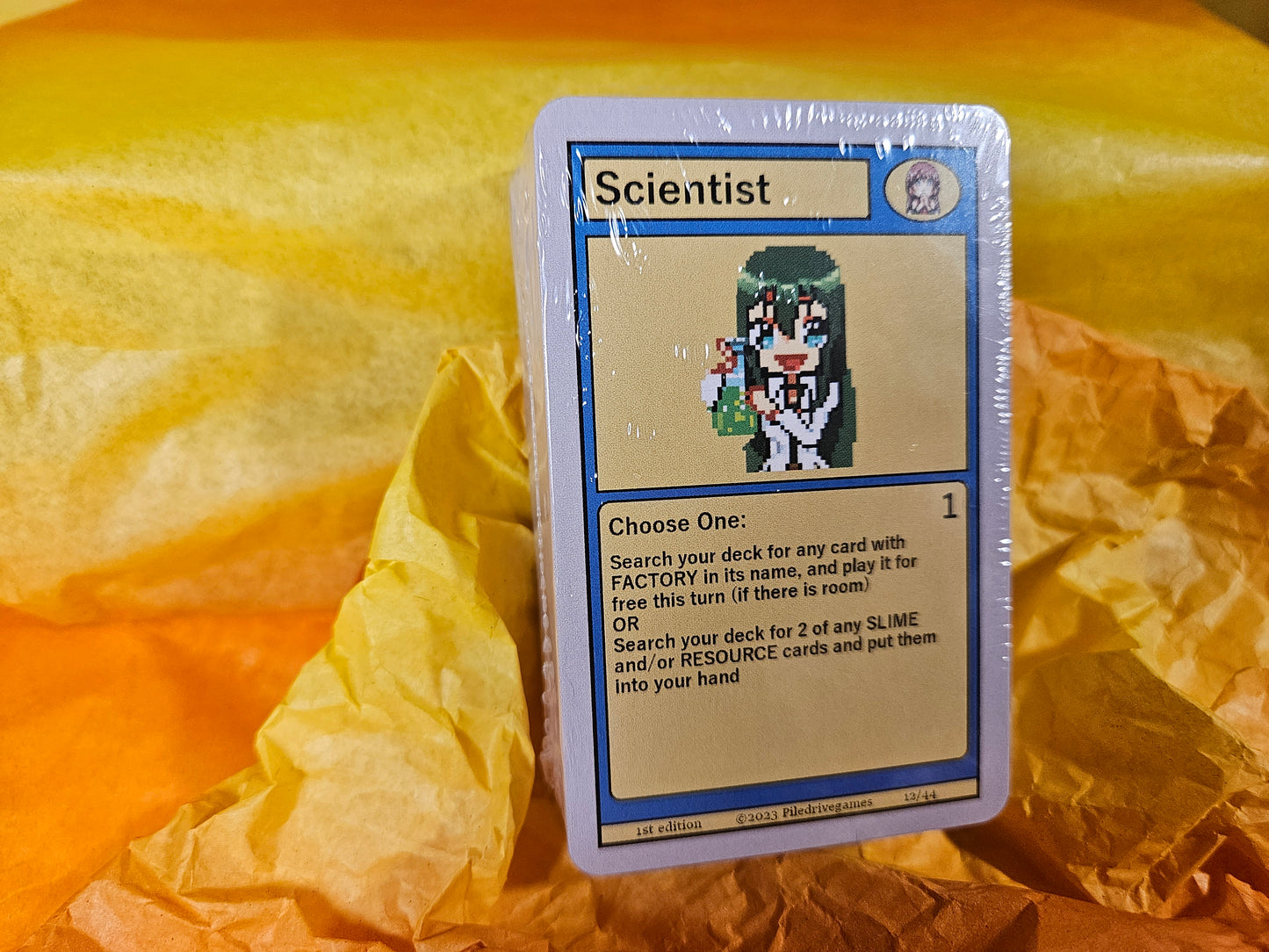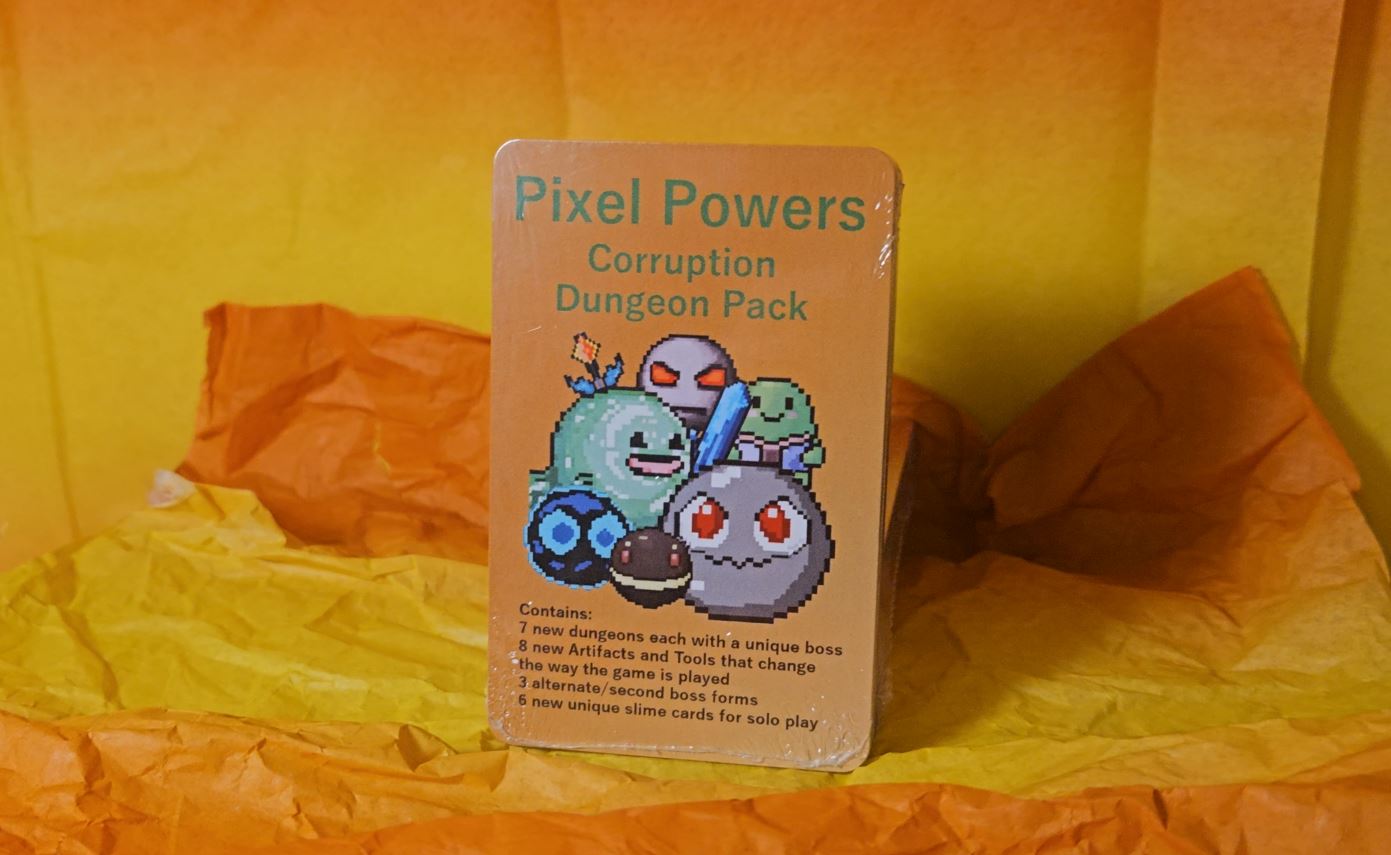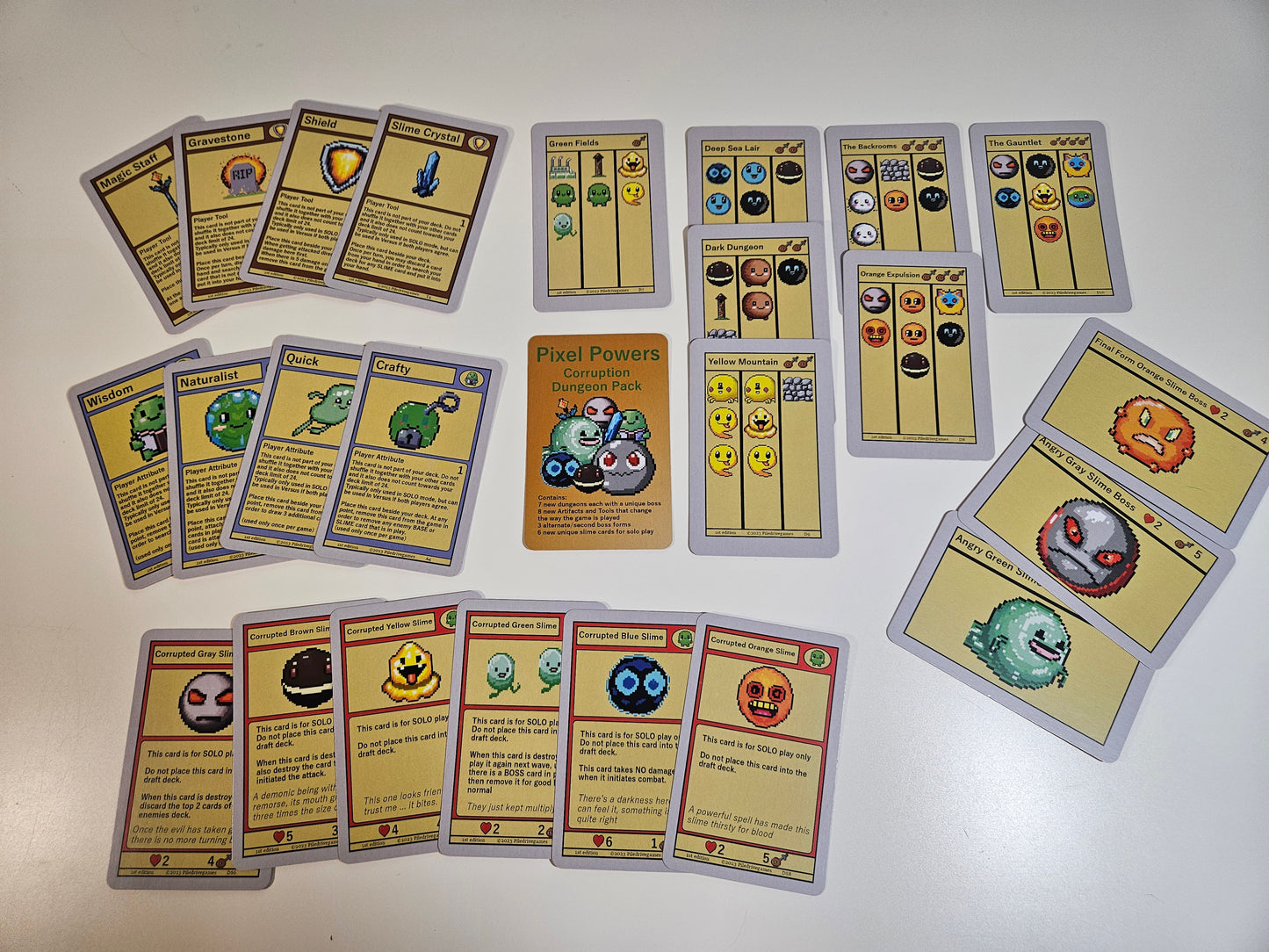All Trading Card Games have a lifecycle, from inception, to power creep to player dissatisfaction. In the quest to attract newer and younger players while keeping the games accessible, some of the current major TCGs have been criticized for providing overpowered, simplified options in the meantime delegating strategy to the role of "water boy".
A prime example of this trend is the prevalence of EX, V, and VMAX cards in the metagame of the Pokemon TCG, which many argue removes a layer of strategy from the game. While these cards may seem enticing to newer players, when combined with the power creep of new sets, they risk relegating strategy to the sidelines, making it all about who can wield the most mathematically overpowered cards.
In recent years, TCGs like the Pokémon Trading Card Game (TCG) have introduced a more prevelant wave of powerful EX, V, VMAX (and other of the like) cards into their sets. These cards boast high HP, devastating attacks, and often game-altering abilities. While they certainly have their place in the game and have been around for a long time, the recent "Rule Box" cards have become devastatingly powerful with sheer damage or an inflated health line.
Overpowered cards, when made widely available, disrupt the balance of any card game and diminish the importance of strategy. Newer players may find these cards attractive due to their ease of use, but the game risks becoming a race to acquire and deploy the most potent cards. The strategic depth that has been a hallmark of TCGs can be overshadowed by the sheer might of these cards.
It doesn't take long for TCG players to figure out the deck that wins the most. Especially with online tools nowadays, players can simulate many games very quickly. One consequence of this is the homogenization of top-tier decks in the metagame. Look at the Pokémon TCG Worlds deck lists, for instance. Often, three out of the top five decks are strikingly similar, differing by just a card or two. This lack of diversity limits the variety of strategies employed by top players, leading to a stale and predictable metagame. Some decklists are played by more than 25% of the player base at any given tournament. This can lead to a repetitive and unexciting experience for both players and spectators. Instead of seeing creative and unique strategies at play, we witness a monotonous procession of the same decks and strategies, diluting the excitement that TCGs can offer.
A healthy TCG metagame should encourage diversity, choice, and flexibility. Players should be able to use existing cards to perform interesting combos that require extra thought and skill. These complex, strategic plays not only enhance the depth of the game but also provide a sense of satisfaction and catharsis when executed successfully.
TCGs can strike a balance between power and strategy by introducing strong cards with unique abilities that require careful planning and execution and come at some sort of major deficit. These cards can become the centerpiece of a deck without rendering other strategies obsolete. This approach fosters creativity and allows players to devise innovative tactics while still enjoying the thrill of powerful cards.
While the inclusion of EX, V, and VMAX cards in TCGs like Pokémon has certainly made the games more accessible to newer players, it comes at a cost. The oversaturation of overpowered cards, combined with power creep, risks sidelining strategy in favor of raw power. The homogenization of top-tier decks further exacerbates the issue, resulting in a less diverse and exciting metagame.
For a TCG to thrive and remain engaging for both newcomers and seasoned players, striking a balance between power and strategy is essential. Encouraging players to explore creative combos, think critically, and adapt their strategies based on the evolving metagame ensures that the game remains intellectually stimulating and emotionally rewarding. Ultimately, a healthy metagame should prioritize strategic depth over sheer card power, providing players with a more deep, strategic and cathartic gaming experience.







